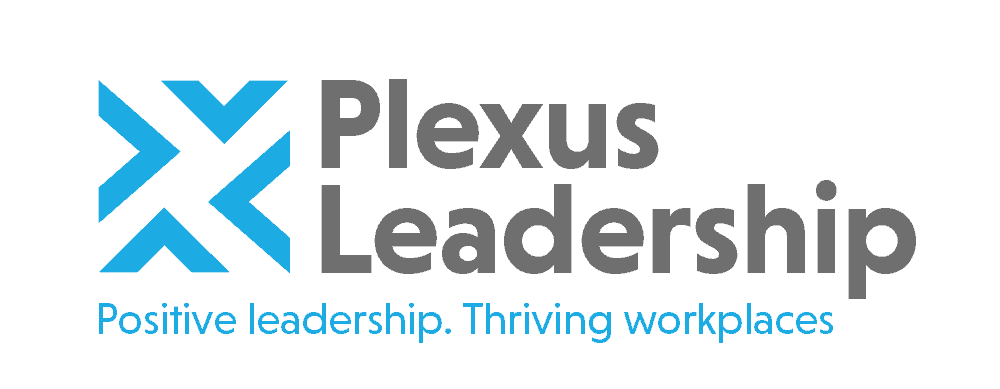We meet many perfectionists in the course of our work. A lot of these are in managerial and leadership positions, which is of course no surprise as perfectionist often goes hand in hand with a strong need for achievement both at work and in one’s personal life.
Perfectionism can be defined as a tendency for being dissatisfied with anything that is not perceived as perfect or does not meet the person’s extremely high standards. Of course, perfectionism is a subjective state as one person’s idea of perfection might differ significantly from another’s. The costs of being a perfectionist are typically very high, not just to the leader personally, but also for their team and/or organization.
Some of the typical risks we see in our work with leaders include:
Personal:
- Disproportionally high levels of time and energy invested in work activities at the expense of personal activities and goals, including family and personal growth commitments. There is typically little balance between work and personal activities for extreme perfectionists, which can lead to failed marriages/partnerships, little investment in friendships and chronic health problems.
- A self-perpetuated plunge into low self-confidence resulting from a perception the person has that “nothing is ever good enough”. They therefore filter out positive feedback and performance data, focusing only on the problems and gaps associated with not only their own performance, but the performance of those they manage.
- The tendency to spend too much time worrying about their own decisions and those of people they manage. Because perfectionists are always on the lookout for optimal solutions rather than deploying a decision-making strategy which psychologists call “satisficing”, or doing things to an acceptable threshold, they spend a lot of time and energy worrying about their decisions and actions.
Team and Organizational:
- Unrealistic expectations and standards of their co-workers (including direct reports, peers, and boss) and other key stakeholders. The perfectionist leader tries to maximise results, using a pace-setter style to manage others. However, while this style is occasionally appropriate to raise performance standards, it is often characterised by impatience, lack of empathy, negative stretch (i.e., stretching someone well beyond their comfort zone with insufficient or no support) and harsh judgements about others’ performance and capabilities.
- A deficit-based work climate where there is little focus on strengths and success. The perfectionist feeds on gaps, limitations and problems, moving the team/organization onto a destructive path of limiting behaviours and attitudes, including fear, pessimism and mistrust. This ultimately leads to a host of dysfunctional outcomes including what psychologists call “learned helplessness” or a feeling of total lack of control over the situation. People keep their heads down in a fight for survival through fear of being chastised or fired for mistakes and shortfalls.
- Perfectionists tend to exacerbate a phenomenon known as the “Golem Effect” or a negative self-fulfilling prophecy; the opposite of the performance-enhancing “Pygmalion Effect”. Because perfectionists put so much pressure on themselves and are rarely happy with their own performance, they project this onto others and expect others’ performance will be inferior and substandard. Any shortfall confirms the perfectionist’s view that the person is inferior or incapable, which in turn reinforces expectations of poor performance. This downward spiral saps energy of people interacting with the perfectionist who stop putting in their best performance as they know they are unlikely to ever earn positive recognition or appreciation from the perfectionist.
Perfectionism rarely, if ever, helps leaders engage their followers positively or builds strong personal relationships based on mutual trust, kindness and collaboration. However, it can undoubtedly help a leader maintain high work standards and achieve a culture of organizational excellence. For example, perfectionism helped Steve Jobs and Jeff Bezos create exceptional organizations and products delivering tremendous value to stakeholders and society. However, most would agree that neither is an exemplar of great people leadership, as although their accomplishments are deservedly respected, they achieved these using tough and excessively demanding approaches to managing people in the pursuit of perfection.
Other Posts

About the Author
James Brook
Founder and MD | Leadership Consultant | Organizational Psychologist
James is a leadership consultant, organizational psychologist and executive coach. He has over 25 years’ experience working with leaders, teams and organizations globally to optimize their performance, talent and future success. He specializes in positive leadership, thriving workplaces, collaboration and influencing, organizational change and transformation, accelerating innovation and coaching executives and leaders in innovative sectors including Tech, Digital, E-commerce and Life Sciences.
Before setting up Plexus Leadership, James held leadership roles in HR and Talent Management in the UK and abroad with companies such as NatWest, Yahoo! and Novo Nordisk Pharmaceuticals. After this, he founded and led several talent and leadership consulting and assessment businesses, including Strengthscope®, an online strengths assessment and development business serving a wide range of UK and global clients. James grew this venture into a global market leader before selling the business in 2018.
James has supported, advised and coached leaders and teams globally across diverse industries and geographies. Clients he has worked with include Allen & Overy, Commvault, Equinor, Facebook, GSK, Hilton, John Lewis, Novartis Pharmaceuticals, NHS, Oracle, Sainsbury’s, Swiss Re, Tesco, Takeda Pharmaceuticals, WSP and Yahoo!.
James has a Master’s in Organizational Psychology, an MBA, an Advanced Diploma in Executive Coaching and a Harvard Business qualification in Sustainable Business Strategy. He is a member of the Institute of Directors, the Association of Business Psychologists and a Fellow of the Chartered Institute of Personnel and Development (FCIPD). He is currently undertaking a PhD in Organizational Psychology examining the start-up experiences of Tech and Digital entrepreneurs.
James is a regular contributor and speaker on leadership, coaching, innovative talent management and the future of work. His most recent book, Optimize Your Strengths, explores how leaders can create thriving workplaces by inspiring and supporting people to optimize their potential and teamwork to deliver breakthrough results.





